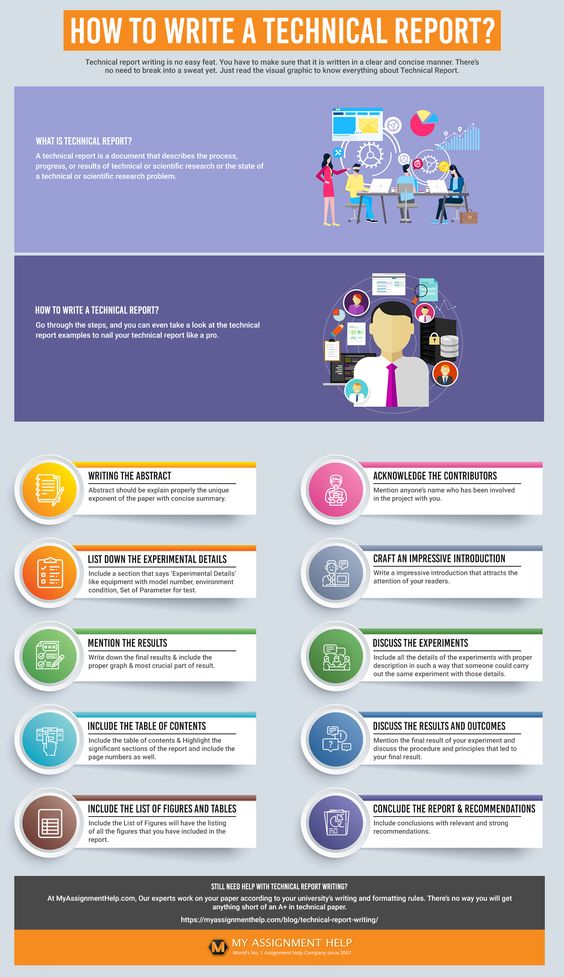Technical report writing is an important aspect of engineering and technical disciplines. It provides a clear and concise way of communicating technical information to a target audience, whether it is a scientific or technical report, a proposal, or a thesis.
Introduction
The introduction should provide the purpose and background of the report. It should provide the context for the report and explain the objectives of the report. This section should also give an overview of the report and what the reader can expect from it.
Methodology
The methodology section should describe how the research or project was conducted. This includes the tools, equipment, and procedures used in the research. It should also provide a clear and concise description of the research design and methodology used to conduct the research.
Results and Analysis
The results and analysis section should present the data obtained from the research and its analysis. This section should provide clear and concise results of the research, including any graphs, tables, or illustrations. It should also provide a thorough analysis of the data, including a discussion of any trends, patterns, or correlations found.
Discussion
The discussion section should provide a discussion of the results and analysis, including an interpretation of the results. This section should also provide a comparison of the results with previous research and explain any unexpected results. It should also provide a discussion of the limitations of the study and future work that could be done.
Conclusion
The conclusion should provide a summary of the main findings and conclusions of the report. This section should also provide recommendations for future work and explain the implications of the results for the field of study.
You might find these FREE courses useful:
- Company Reports: Understanding Form 10-K
- Financial Reporting Capstone
- Financial Reporting Specialization
- Custom Reports in Google Analytics
Recommendations
The recommendations section should provide specific recommendations for future work based on the results of the research. This section should also provide a discussion of the potential impact of the recommendations and the steps that need to be taken to implement them.
References
The references section should provide a list of all the sources used in the report, including books, journals, articles, and websites. It should follow a specific citation style, such as APA or MLA, and be organized in alphabetical order.
Appendices
The appendices section should include any additional information that is relevant to the report but is not essential to the main body of the report. This could include tables, graphs, or illustrations that support the results and analysis section.
Conclusion
Technical report writing is an essential aspect of engineering and technical disciplines. It provides a clear and concise way of communicating technical information to a target audience. This guide provides an overview of the different sections that should be included in a technical report and the information that should be included in each section. By following this guide, you can ensure that your technical report is well-structured, clear, and concise, and effectively communicates your findings and recommendations.


